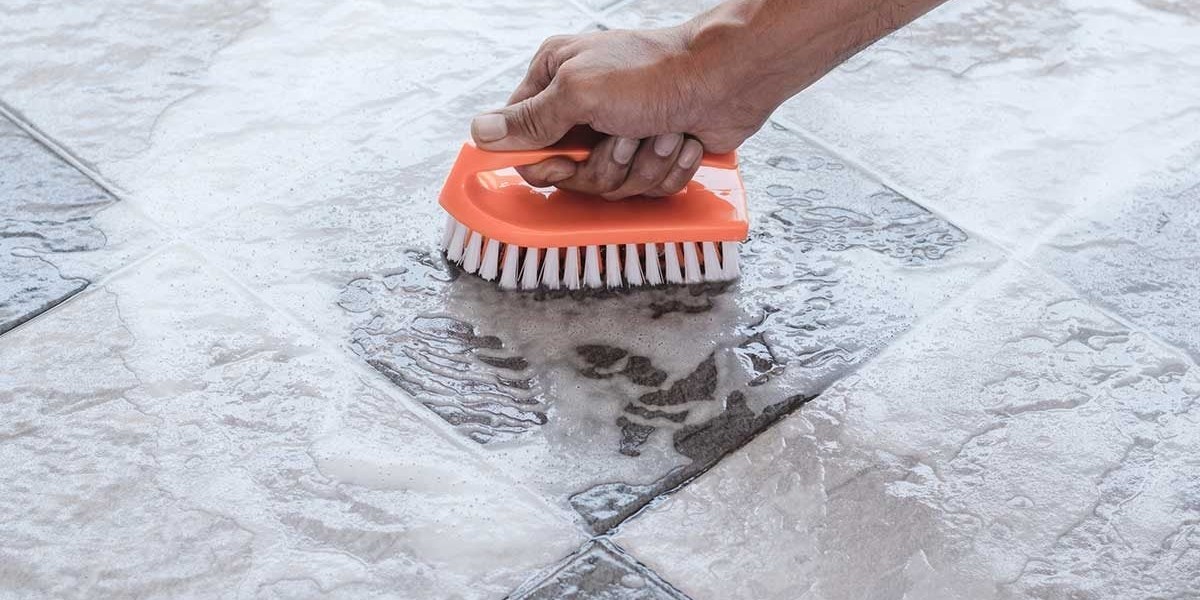In recent years, the smart home automation system has emerged as a transformative force in residential living. This technology not only enhances convenience but also significantly improves energy efficiency and security. But what exactly does a smart home automation system entail, and how is it reshaping our daily routines?

Understanding Smart Home Automation Systems
A smart home automation system integrates various devices and appliances within a home, allowing them to communicate and be controlled remotely. This interconnectedness is facilitated through the Internet of Things (IoT), enabling homeowners to manage their environment with ease. For instance, you can adjust your thermostat, control lighting, and even monitor security cameras from your smartphone.
Key Features of Smart Home Automation Systems
- Remote Control: Access and manage your home devices from anywhere.
- Energy Efficiency: Optimise energy usage by scheduling appliances to run during off-peak hours.
- Enhanced Security: Monitor your home with smart cameras and receive alerts on suspicious activities.
- Voice Control: Use voice-activated assistants to control devices hands-free.
The Benefits of Implementing Smart Home Automation
Why should you consider investing in a smart home automation system? The benefits are manifold. Firstly, these systems provide unparalleled convenience. Imagine arriving home after a long day and having your lights turn on automatically, your favourite music playing, and the temperature set to your liking. This level of comfort is now achievable.
Moreover, a smart home automation system can significantly enhance your home's security. With real-time alerts and remote monitoring, you can keep an eye on your property, even when you are miles away. Wouldn't it be reassuring to know that your home is secure at all times?
Energy Efficiency and Cost Savings
Another compelling reason to adopt smart home technology is its potential for energy savings. By automating your heating and cooling systems, you can reduce energy consumption and lower your utility bills. For instance, smart thermostats learn your habits and adjust the temperature accordingly, ensuring that energy is not wasted.
Getting Started with Smart Home Automation
If you are considering a smart home automation system, it is essential to start with a plan. Identify which areas of your home would benefit most from automation. You might want to begin with essential devices such as smart lights or a smart thermostat. As you become more comfortable, you can expand your system to include additional features.
For more information on how to implement a comprehensive smart home automation system, visit  .
.
Conclusion
In conclusion, the smart home automation system is not just a trend; it is the future of living. By embracing this technology, you can enjoy enhanced convenience, improved security, and significant energy savings. As we continue to advance into a more connected world, the benefits of smart home automation will only grow, making it an essential consideration for modern homeowners.












